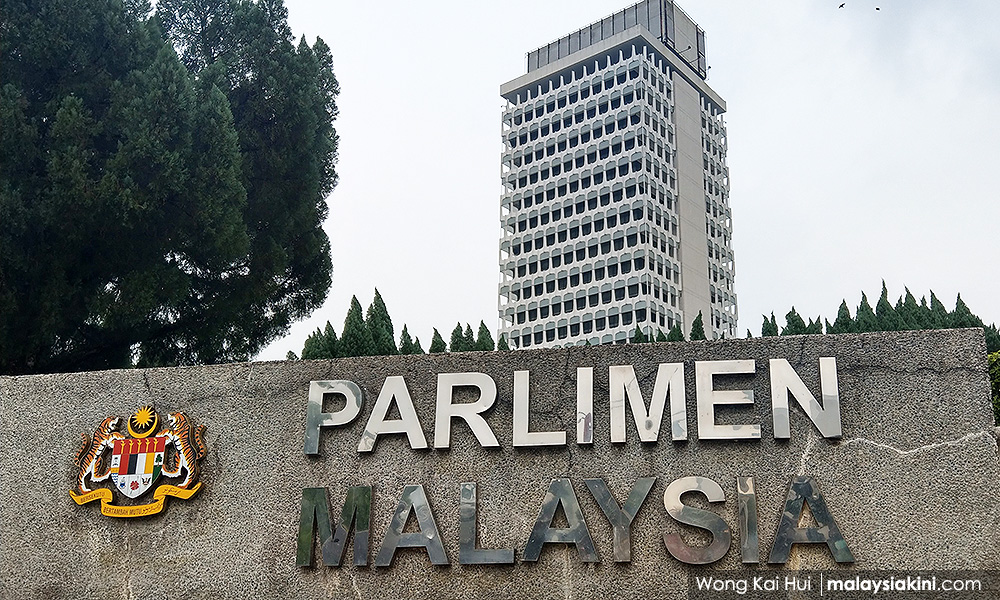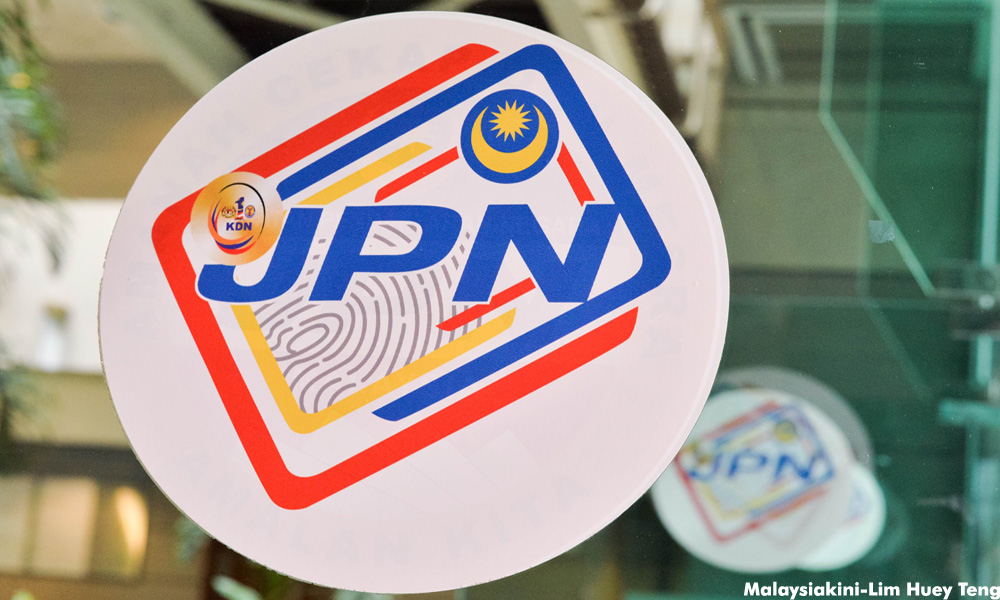MP SPEAKS | With the next Parliament session less than three days away, a number of critical reforms have to be addressed by the Pakatan Harapan government.
This coming Parliament sitting must set a higher standard, not just to meet public expectations but to show that the government is committed to the reform agenda.
Harapan won its votes when it gave full recognition to the plight of Malaysians – struggling to make ends meet, grand corruption, unlawful detention, abuse of powers through draconian laws, and breakdown of institutions that were supposedly meant to provide security, protection and justice.
For a start, an immediate and long-term plan is needed from the government to show how it will achieve its institutional reform agenda in the next five years.
Among the issues that can and should be raised in Parliament are as follows:
A commitment to promote needs based policies
A commitment to move towards needs-based measures that truly benefit the lower-income and marginalised sectors.
This includes an inclusive budget that will consider implementing measures such as social safety nets, decent wages, and a fairer redistribution of wealth for all.
Parliamentary reform
The purpose is to democratise Parliament to ensure it can fulfil its dual roles as a legislative body and a check on the power of the executive.

The introduction of the Parliamentary Select Committees is a positive step but there is a need to reform the agenda setting in the Dewan Rakyat.
The Standing Orders 15(1) and 15(2) detail how the agenda of Parliament is currently set.
It leaves no time for public business, private members’ bills or Opposition business.
Now that the Opposition is dwelling on a shadow cabinet, there is a need to institutionalise this process.
Other reforms to consider is to allocate time for Prime Minister’s Questions (not just Ministers’ Questions, as introduced in 2016) and the allocations of Parliamentary Resources for the Parliamentary Select Committee as well as Research Resources to support MPs in order to uplift the substantive debate in Parliament.
Roadmap on good governance on GLICs and GLCs.
The reforms of the GLICs (government-linked investment companies) and GLCs (government-linked companies) have been limited to their management but there is a need to deal with these over-bloated public sector companies, with employment amounting to about 1.6 million employees and leaking resources from the economy despite that some are dormant or non-functioning companies.

A roadmap needs to be presented on how restructuring can ensure accountable, transparent, and effective public delivery system.
This reform is important because it has been a known source of political financing and campaign funding. The lack of data available for public scrutiny might cause such abuse of funds, as seen during the BN era, to continue.
Repeal draconian laws
I congratulate the leadership of the ministers for the repeal of the Sedition Act and the end of death penalty which will be presented in this coming sitting.
The government must also take bold steps to repeal several draconian laws in this Parliament sitting and they include Security Offences (Special Measures) Act (Sosma), Prevention of Terrorism Act (Pota), Prevention of Crime Act (Poca) and the Peaceful Assembly Act.
Meanwhile, the government has to ensure the setting up of Standard Operating Procedures (SOPs) on the management of peaceful assemblies.
The arrests of students and activists have stained the image of the Harapan government and must be addressed immediately.
Implement the IPCMC
The Independent Police Complaints & Misconduct Commission (IPCMC) and other recommendations of the 2005 Royal Police Commission has been pending for 13 years.
The bill drafted by the Royal Police Commission confers IPCMC with the power to take disciplinary action against the officer and it needs to be brought before the parliament.
It is urgent for IPCMC to be implemented to ensure transparency and accountability by the police and other enforcement agencies such as the MACC.

Statelessness of citizens
There is an overwhelming number of Malaysians including children and entire families who are unable to obtain citizenship due to various complications with the system, including inefficiencies, lackadaisical attitudes, and other factors.
The longer the government does not give clear direction on how to resolve the issue of statelessness, the more these individuals are being subjected to abuse from the authorities and are deprived of their fundamental rights to education, health and other basic needs services.
Gender equality
I look forward to the Sexual Harassment Bill to be presented by the Women, Family and Community Development Ministry.
I urge the Parliament Select Committee on Gender Equality and Non-Discrimination to begin the discussion on the Gender Equality Bill, which has been presented by the Joint Action Group for Gender Equality (JAG), with the aim to present to Parliament as soon as possible.
As the next session of Parliament draws nearer, I hope that institutional reforms will continue to be a prominent theme. Malaysia's peaceful transition of power has been applauded by the world.
In November, we will present Malaysia's human rights reform agenda to the UN Human Rights Council as part of the Universal Periodic Review (UPR).
Let us continue to be a shining example of democracy at its best and let the world know that Malaysia’s peaceful transition to power is on track with human rights and democracy.
The future of our democracy can only be guaranteed if our institutions are allowed to operate freely and independently from executive interference.
MARIA CHIN ABDULLAH is the Petaling Jaya MP.
As the next session of Parliament draws nearer, I hope that institutional reforms will continue to be a prominent theme. Malaysia's peaceful transition of power has been applauded by the world.
In November, we will present Malaysia's human rights reform agenda to the UN Human Rights Council as part of the Universal Periodic Review (UPR).
Let us continue to be a shining example of democracy at its best and let the world know that Malaysia’s peaceful transition to power is on track with human rights and democracy.
The future of our democracy can only be guaranteed if our institutions are allowed to operate freely and independently from executive interference.
MARIA CHIN ABDULLAH is the Petaling Jaya MP.
The views expressed here are those of the author/contributor and do not necessarily represent the views of Malaysiakini.

